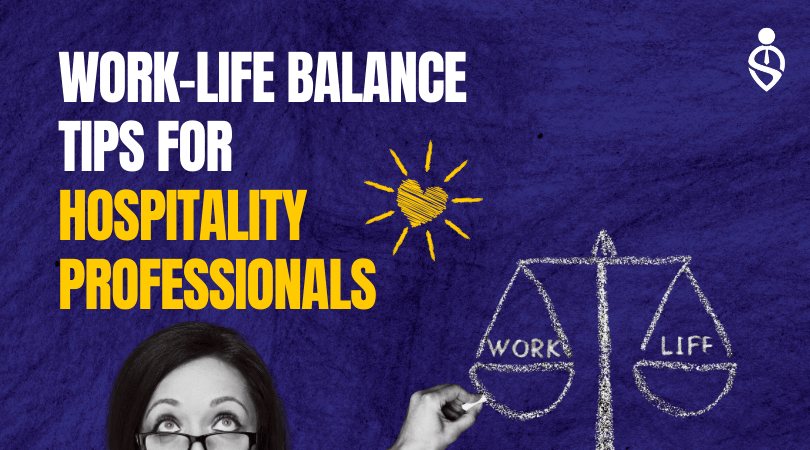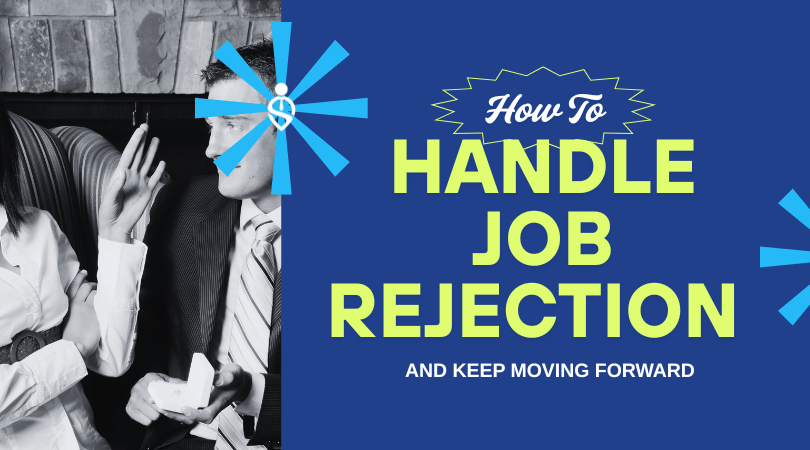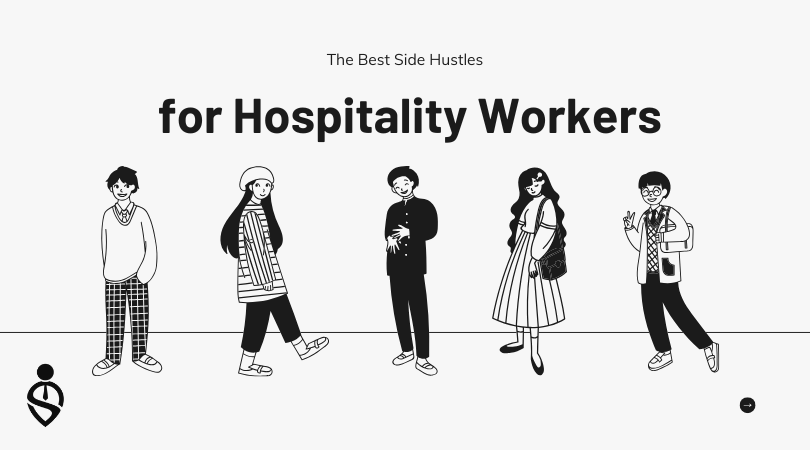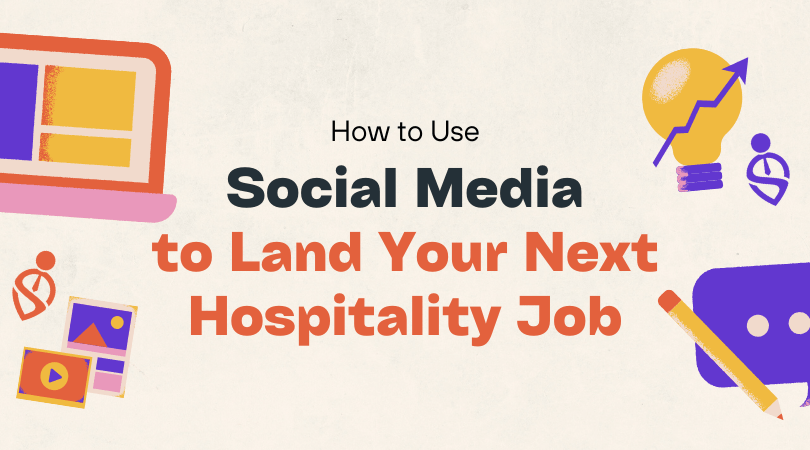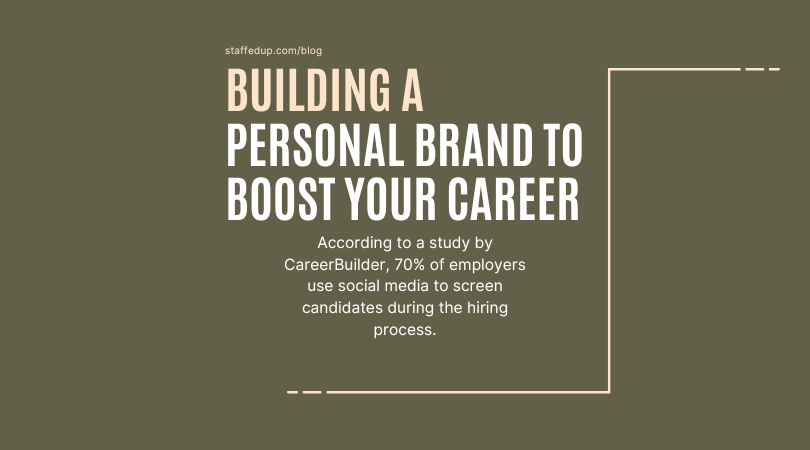Let’s be real: job hunting is already stressful enough. Add a full-time job on top of that, and suddenly you’re juggling interviews, résumé tweaks, and hush-hush phone calls in the breakroom. If you’re working in hospitality and ready for a change—but need to keep things quiet—this one’s for you.
Here’s how to navigate job hunting while employed, without burning bridges or blowing your cover.
1. Don’t Job Hunt on the Clock
As tempting as it might be to scroll through listings during your slower shifts, it’s best to keep all job hunting activities off company time. Not only is it respectful, but it also helps avoid awkward questions from your manager if you get caught mid-scroll.
Use your breaks, evenings, or days off to update your résumé, browse listings, and prep for interviews. Tools like JobScan offer tips for tailoring your résumé to roles without spending hours rewriting from scratch.
2. Be Mindful of Your Digital Footprint
If you’re updating your LinkedIn or other professional profiles, make sure you’re doing it quietly. That means turning off activity notifications so your network (and possibly your boss) doesn’t get alerted every time you make a change.
Also, avoid posting publicly about your job search. Keep it to private conversations and direct applications. Discretion is your friend here.
3. Use a Personal Email and Phone Number
This might sound obvious, but make sure all your applications and follow-ups are being done through a personal email—not your current work address. Same goes for your phone number. Set up voicemail that’s professional and neutral, just in case you miss a call from a potential employer.
4. Schedule Interviews Smartly
Hospitality hours can be unpredictable, but aim to schedule interviews during your off-hours. Many employers understand that candidates are job hunting while employed, and will often offer flexible interview slots.
If you’re ever asked why you’re making a move, keep your answer respectful. Talk about looking for growth, new challenges, or a better fit—not bad-mouthing your current job.
5. Stay Professional Until the End
Even if you’re mentally checked out, stay professional until your last shift. Hospitality is a tight-knit industry, and your reputation follows you. Giving proper notice and staying gracious can leave the door open for future opportunities—and solid references.
Make Job Hunting Easier with StaffedUp
At StaffedUp, we know how hard it is to manage job hunting while you’re still clocked in somewhere else. That’s why our platform helps you search and apply quickly, discreetly, and without all the extra noise. No lengthy profiles or awkward logins—just real hospitality jobs and fast connections.
Looking for your next move? Find your next opportunity in just a few clicks.


